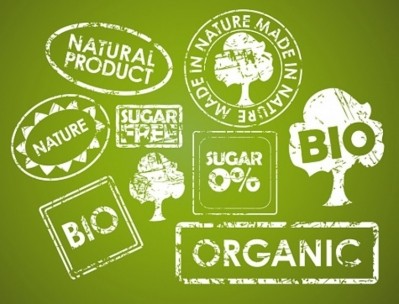Packaging Happenings: Tetra Pak on localisation, Haribo multipack strategy, plant-based labelling and more feature in our round-up

Tetra Pak Exclusive Part I: How localisation in packaging can drive purchases in APAC
Global packaging heavyweight Tetra Pak has revealed the importance of considering cultural contexts and integrating localisation strategies into packaging innovation in APAC.
In the first part of our exclusive interview with Tetra Pak Global VP of Marketing Julia Luscher, she highlighted that culture and local context are exceptionally important in packaging design due to the vast diversity the region.
‘One bag is not a sin’: Haribo pushes halal and multipack strategies to boost growth
Gummy industry leader Haribo is pushing its halal and multipack strategies to drive growth amid regulatory and economic headwinds.
Despite its clout in the sector, the brand is facing increasing challenges arising from inflationary price hikes as well as rapidly changing regulations.
“For us inflation has hit key ingredient supplies such as gelatine and sugar, and there is overall a shortage of ingredients due to the war as well as logistics and other rising costs from various contingent issues,” Haribo Senior Trade Marketing Specialist Gabriele Scotti told FoodNavigator-Asia.
Mylk or milk? APAC plant-based dairy sector sees ‘no confusion’ amongst consumers regarding naming conventions
The APAC plant-based dairy industry believes that controversy surrounding the use of dairy terms for plant-based product labelling is unlikely to happen in this region despite contention in other markets, citing differences in local consumption drivers as a major factor.
Plant-based product labelling has been a major source of contention within the food and beverage sector in markets such as the United States and Europe over the past few years, particularly in the context of plant-based milk and dairy products.
Applicable to all: Australia’s new mandatory alcohol pregnancy warning labels enforceable on imported beverages
Australia has started enforcement of mandatory pregnancy warning on all alcoholic beverages, a requirement that will also apply to imports.
Food Standards Australia New Zealand (FSANZ) first announced that Australia was considering the implementation of mandatory pregnancy warning labels for alcoholic beverages back in 2019.
Tetra Pak Exclusive Part II: The importance of empowering consumers via healthier, more sustainable product innovation
Tetra Pak believes that food and beverage brands today need to meet consumers’ increasing emotional needs in terms of feeling ‘empowered’ when making purchasing choices, such as offering them innovative product options that are healthier or more sustainable.
In the first part of our exclusive interview with Tetra Pak Global VP of Communications Julia Luscher, she spotlighted the importance of infusing localised elements such as culture and geographical proximity into product packaging in order to drive consumer purchases.
However, she also highlighted that packaging alone will not be enough to attract consumers or influence their purchasing decisions, which require as the products on offer are required to be desirable as well.
















